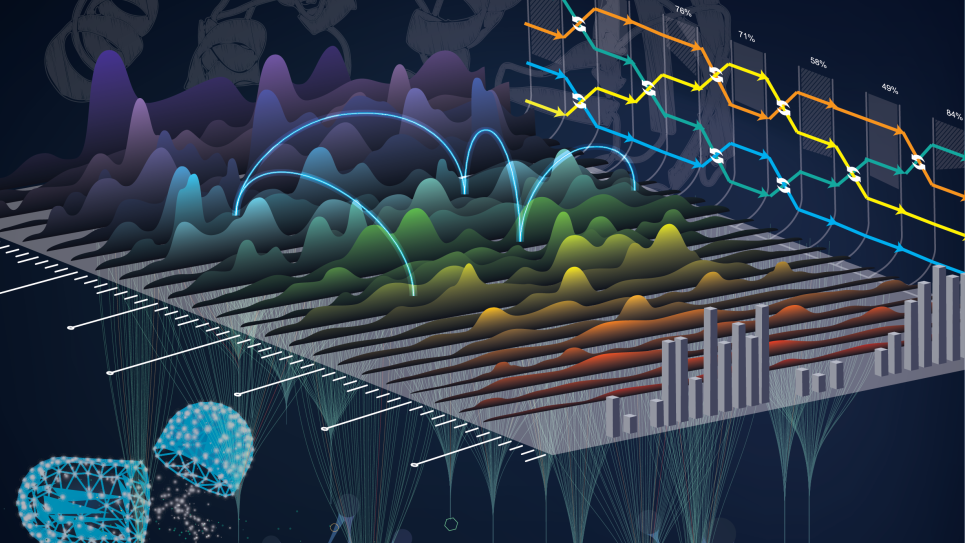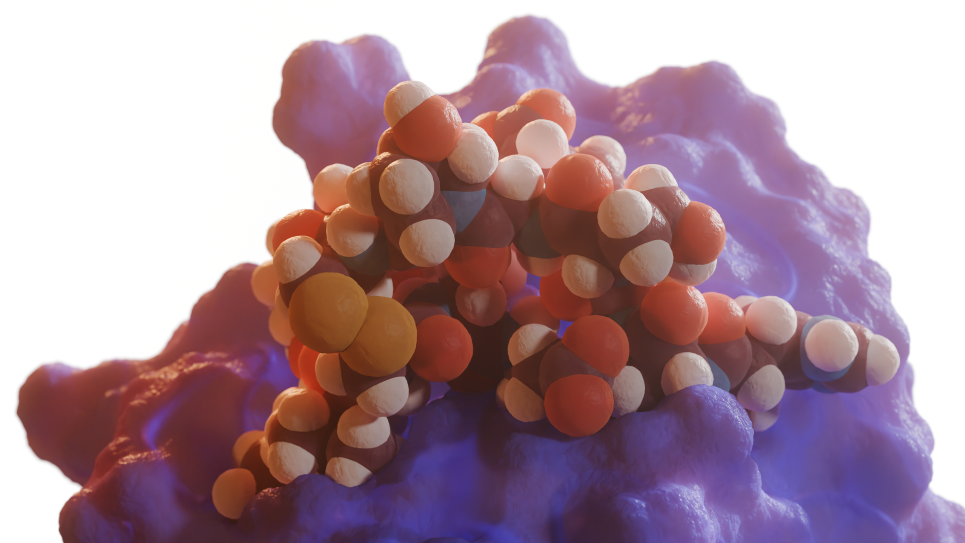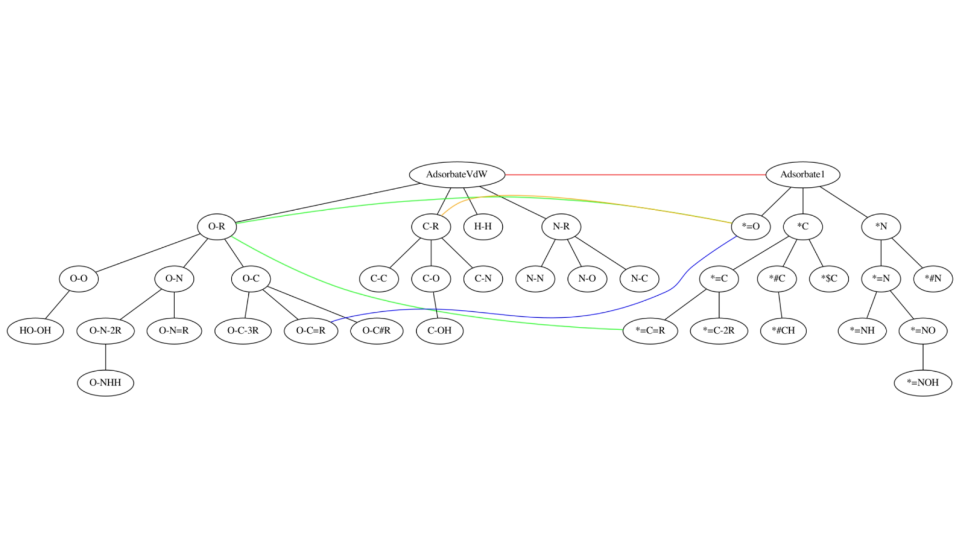A very large part of economic activity across the world depends on chemical processes. Much of the knowledge of how to harness chemical processes has come form empirical knowledge -- trial and error. This is for example the case for catalysis, which embodies chemical reactions that drive economies around the globe. Recently, there have been great efforts towards designing chemical processes using a closed cycle of theory, modeling, and experiments. This has become possible not in a small part because of advances in computational methods and computer hardware that have led to the possibility to more accurately model atoms, molecules, and chemical processes. Nevertheless, the presently most used computational methods are either efficient but suffer from a lack of accuracy that is needed to model chemical systems, or are prohibitively expensive to use.
The allocation supports research using a highly accurate approach to model some fundamental chemical systems and reactions. This allocation supports work to develop more accurate and efficient methods and study novel low-dimensional materials that are not accessible to other methods at a required accuracy. The method used is the Quantum Monte Carlo (QMC) method, which includes all-important -- but frequently elusive -- electron-electron interactions at the quantum mechanical level. Outcomes of this project will help advance methods for more physically accurate and predictive modeling of chemical processes.


